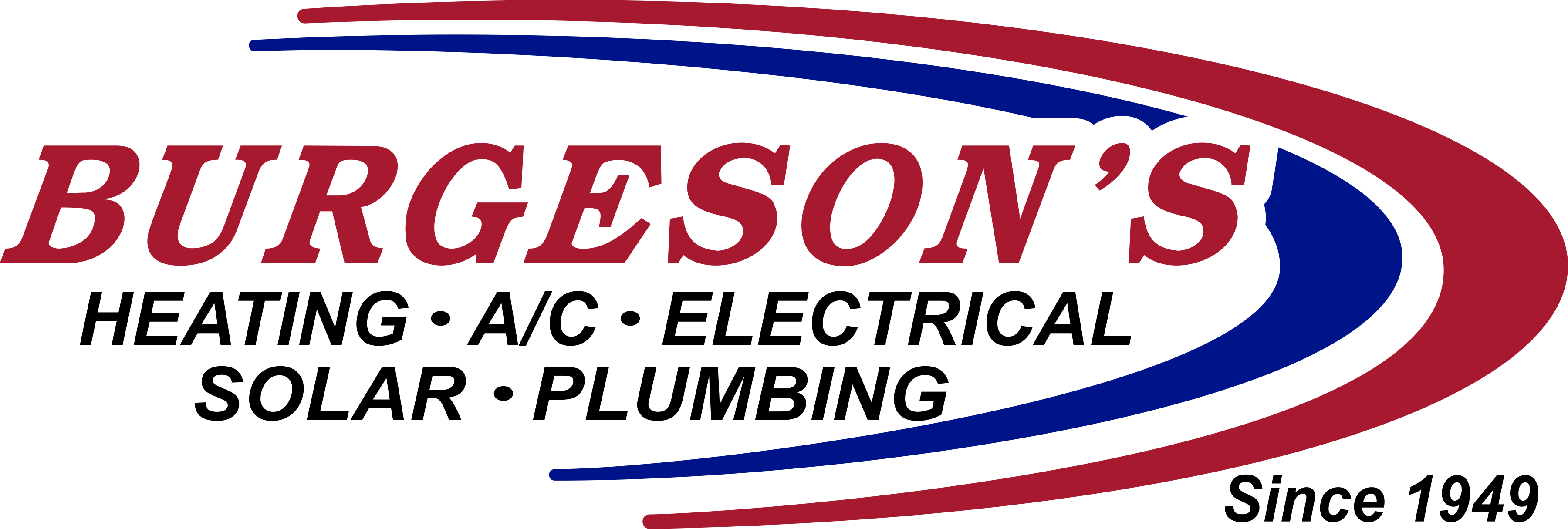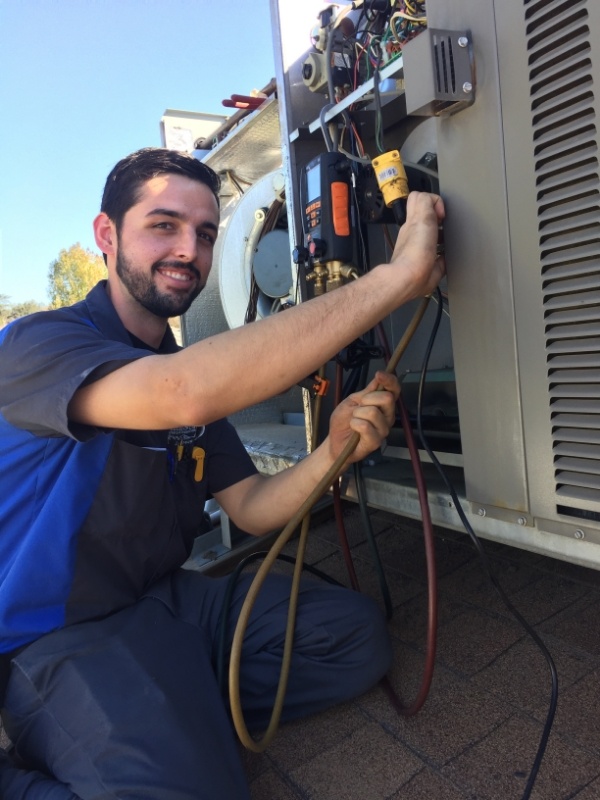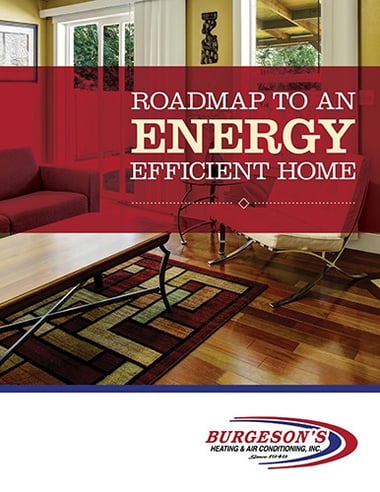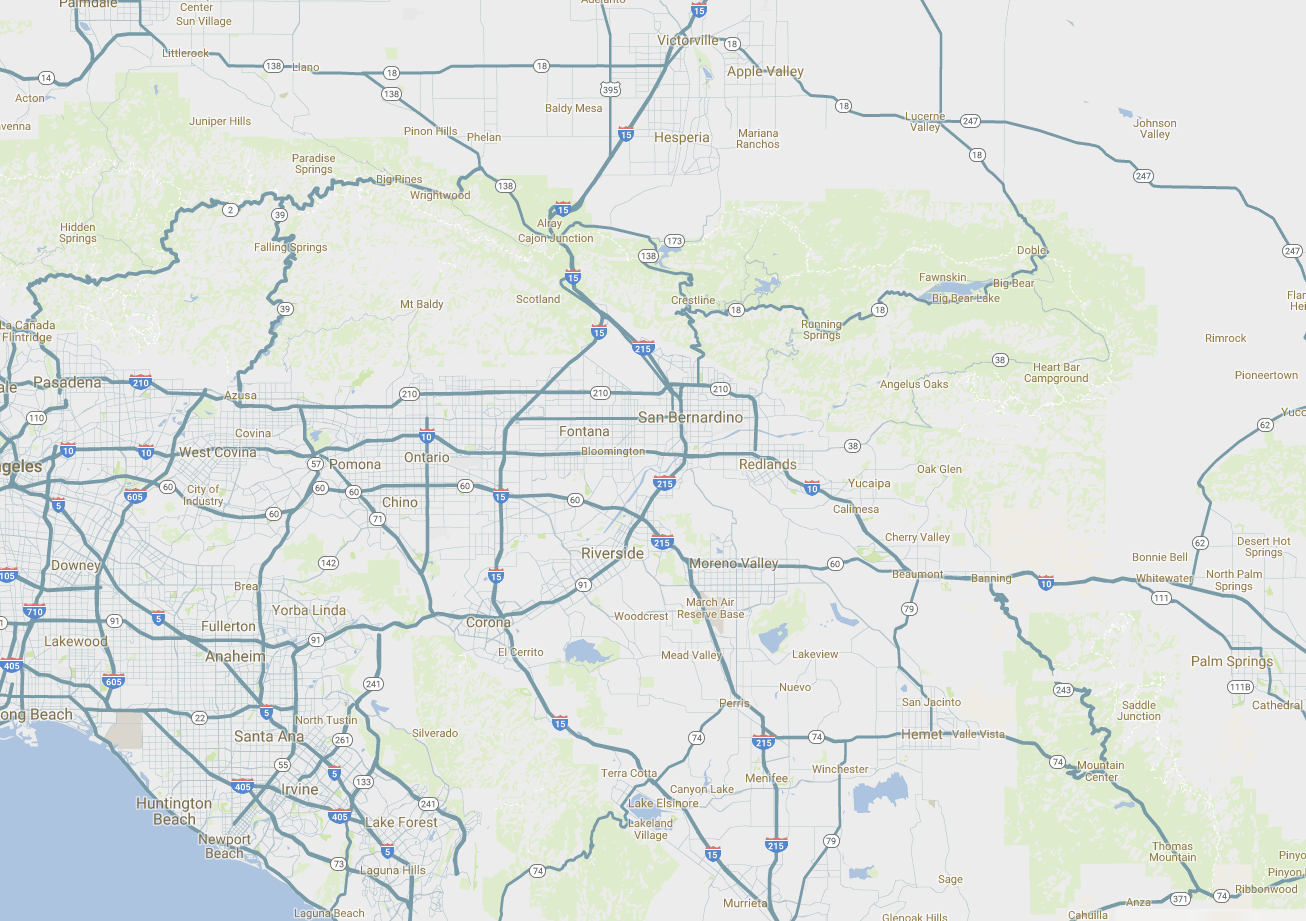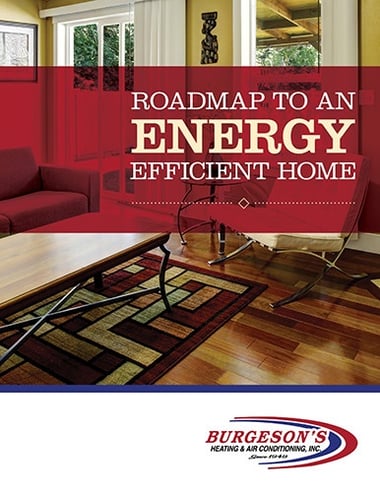An HVAC system can last a long time if properly maintained. If left unattended, however, it can fail you when you need it most. With El Niño bringing in long stretches of rain, maintenance is of the utmost importance. If you want to avoid replacing your system sooner than necessary, read on to find out what steps you can take to maximize the life of your HVAC system.
1. Updates
Keeping your system up-to-date can save you money and headaches down the road. But updating doesn't necessarily mean that you have to install a brand new unit. Your unit may simply need the support from one or two add-ons. For example, modern programmable thermostats give your system a bit of a break by enabling you to set predetermined "set points" for every day of the week. You can control most of these modern thermostats with a mobile app so you have complete control of when your system runs or not.
Adding a zoning system to your home also reduces some of your system's work load. Zoning gives you the power to heat or cool only certain parts of your home, so your HVAC unit doesn't have to heat or cool your entire home.
Finally, make sure you properly seal your ductwork. Besides being properly secured at the pipe joints, sealed ducts also prevent leakage and wasted energy with airtight connections where registers meet the ceiling, walls, and floors. All of these updates make your system work more efficiently, thereby, maximizing its life.
2. System Maintenance
Proper system maintenance can extend the life of your HVAC equipment. With biannual pre-season maintenance, your system can last for many years. So how do you keep your system maintained? For starters, you should change your air filters once a month depending on which type of air filter you have and how many pets you have at home. If you don't, you run the risk of using a dirty filter causing your blower motor to compensate for restricted air flow. The EPA suggests that you use the highest quality air filter recommended by your system's manufacturer.
Request a service with a licensed technician before the start of each season so there's no downtime during the months you need your system the most. While your technician is there, have him/her inspect your air ducts for leaks. In the event that a technician isn't available, you can visually inspect your unit for damage, corrosion, excess debris, or obvious leaks. Natural debris can affect the performance of your condenser and evaporator coils.
3. Surge Protection
Power quality is a real issue that most homeowners should address. With the possibility of brownouts or even blackouts, HVAC systems are vulnerable without surge protection. A surge is a high amplitude, short-lived electrical fluctuation that can cause damage to any electronic equipment. Common causes of surges are:
- Lightning
- Utility Events (crossover of phases, capacitor switching, grid shifting, inductive loads, and open neutrals)
- Internal Events (pumps, a/c condenser motors, refrigeration motors, dishwasher motors, washer/dryer motors)
These surges can cause wear and tear on your equipment, which can eventually lead to down time. Since all electronic equipment is designed to work with a certain amount of power, your equipment is forced to work harder during an unexpected power drop. A surge protector is a relatively inexpensive investment towards protecting any HVAC system.
If you're in need of some maintenance contact us here at Burgeson's. Our expertise can help you get the most out of your HVAC system.
